![]()
International Symposium & Books Launch Event
Date: Thursday 9th April 2026
Venue: Brooks Building, Manchester Metropolitan University, UK.
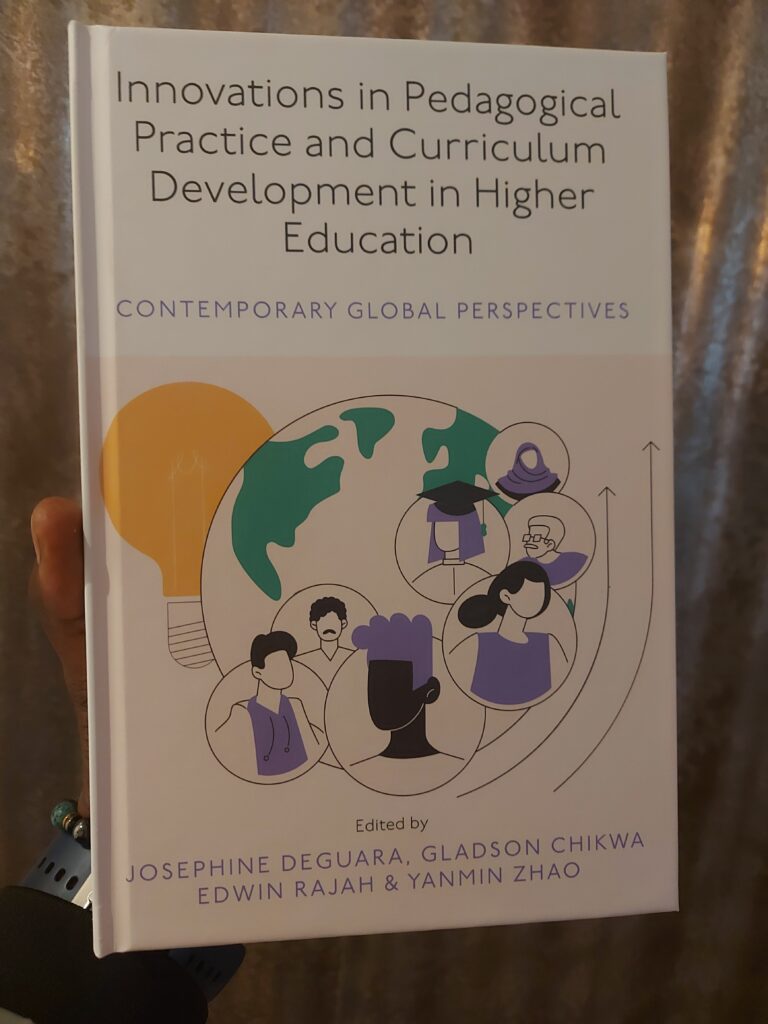
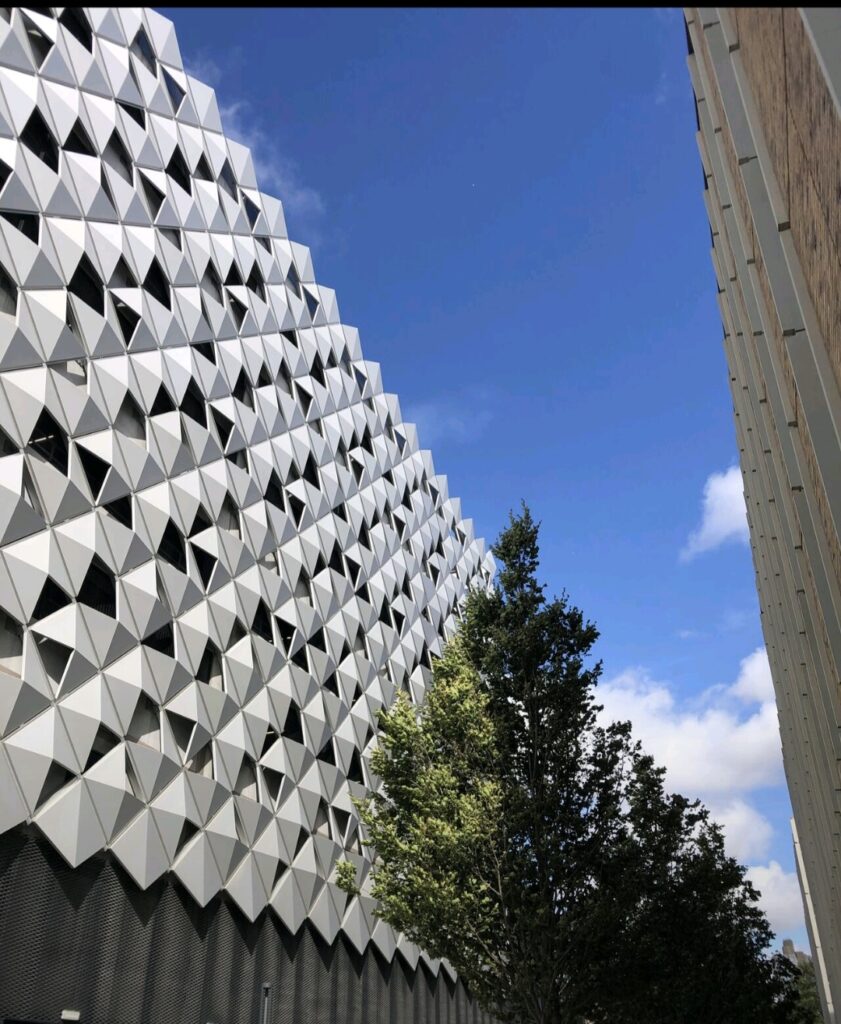
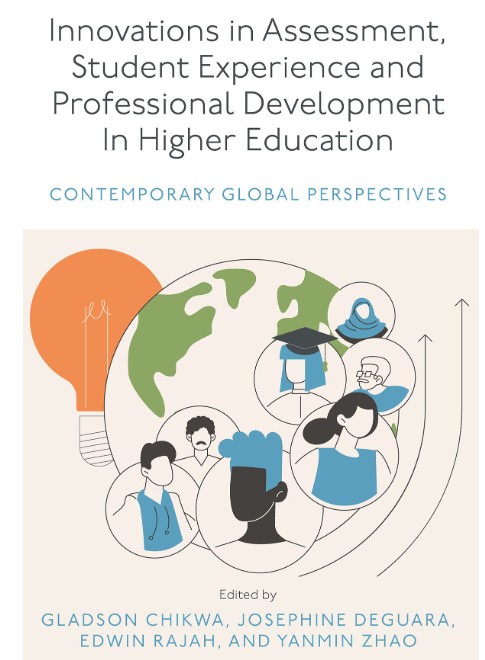
The International Teaching and Learning Special Interest Group (ITLSIG), hosted by Manchester Metropolitan University, is delighted to invite Educators, Researchers, Postgraduate Students, and Policymakers to participate in a one-day International Symposium.
Symposium Theme: Innovative Approaches to Teaching and Learning in Higher Education: Contemporary Global Perspectives.
This in-person event will provide a dynamic platform for sharing cutting-edge practices, research insights, and transformative ideas shaping the future of higher education across the globe. There will be two invited Guest Speakers who will reflect on Innovative Pedagogical Practices and Innovative use of Educational Technologies including AI in HE context. The symposium will also feature mini-keynotes and short presentations across diverse formats, including research papers, case studies, lightning talks, and posters. We invite 250–300-word abstract submissions on themes including:
1.Pedagogical Innovation; 2. Digital and AI-Enhanced Learning; 3. Inclusive and Equitable Education; 4. Student Engagement and Co-Creation; 5. Assessment and Feedback Innovation; 6. Professional Development and Academic Practices; 7. Sustainability and ethics in Higher Education.
Participation Opportunities
We invite submissions for the following formats:
Mini keynotes (15 minutes)
Research Papers (10 minutes)
Practice-Based Case Studies (10 minutes)
Creative Format, e.g. Lightning talk (7 minutes)
Poster Presentations
Timeline
Abstract submission deadline: 30 November 2025
Notification of Abstract Acceptance: 7 January 2026
Abstract Revision Deadline: 14 January 2026.
Submission of Abstract: To submit your abstract, please click here.
Book Launch
During this international symposium we will also be launching our two newly published edited books:
Note: Some of the contributing authors will be present to share their work at this international symposium.

Register to attend the Symposium! (Coming soon!)
CTA description here
Invited Guest Speakers
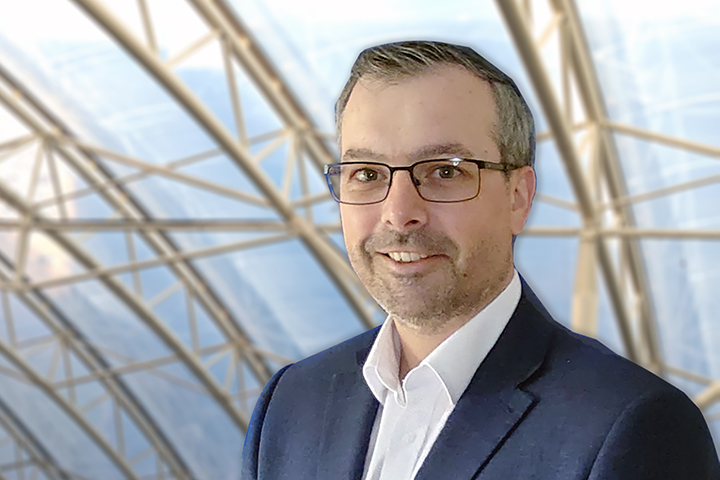
Presenter Biography: Dr Richard Nelson, the Head of Teaching Excellence at the University of Bradford, leads a team supporting staff in creating engaging and successful learning journeys through higher education. He currently chairs the University AI special interest group and presents on AI developments in teaching, learning, and assessment at Universities and Further Education colleges, as well as the UK JISC National Centre for AI. LinkedIn: www.linkedin.com/in/richardnelsononline
Presentation Title: Academic Identity in the Age of AI
Presentation Abstract
The Landscape of Higher Education is changing. Over the last decade, almost every institution has started on a digital transformation journey, and the speed and scope of this transformation has increased due to the rapid rollout of generative artificial intelligence. This has led to an identity crisis for Academic staff, increasing anxiety over how this will impact their academic freedoms, integrity and role as teachers. Taking extracts from his book, ‘Academic Identity in the Age of AI’, Dr Nelson’s presentation will outline how artificial intelligence has proliferated and increased its influence over academic identity, provide examples of use cases and explore the concerns of adapting or dying. Book URL: https://bookstore.emerald.com/academic-identity-in-the-age-of-ai-hb-9781835498675.html.
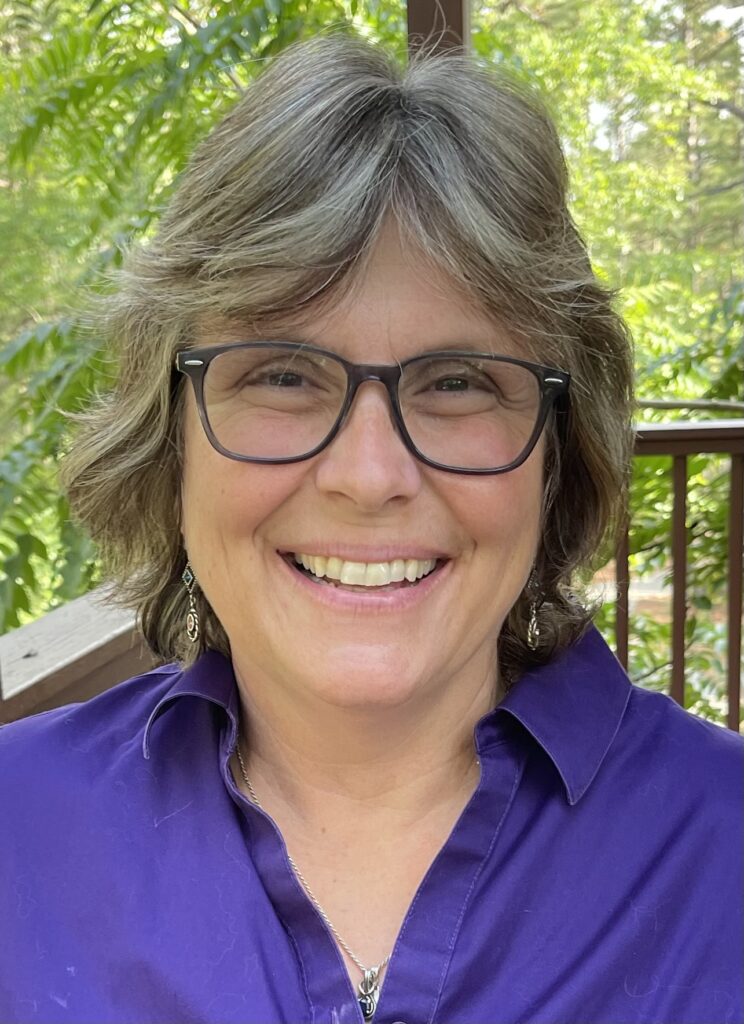
Presenter Biography: Professor Charlotte Chatto, works at the University of the Cumberlands, USA. She holds a PhD in Applied Neuroscience, is a Board-Certified Clinical Specialist in Neurologic Physical Therapy with over 35 years of clinical practice and three decades of academic experience. In 2017, she was selected to be the only physical therapy educator to participate in the Harvard-Macy Institute Program for Educators in Health Profession. She is Professor Emerita at Augusta University. While at Augusta University, Professor Chatto was honored for her work with Outstanding Faculty, Distinguished Service, and Outstanding Clinical Educator awards. She was also chosen to be a Teaching Scholar Fellow, Scholarship of Teaching and Learning Fellow, and Faculty Development Fellow. In her career, she considers her most important clinical and educational contributions to be her volunteer work in Haiti. She treated patients following the 2010 earthquake during five visits between 2011 and 2017. She currently is a faculty member at Faculté des Sciences de Réhabilitation de Léogâne (FSRL) of Université Épiscopale d’Haiti (UNEPH) teaching neuroanatomy and research. She is also leading efforts for the physiotherapy education program to achieve World Physiotherapy accreditation.
Presentation Title: How to Build a Brain: Using the Science of Learning to Guide Pedagogy
Presentation Abstract:
Dr. Chatto will ask the audience to join her on an ongoing journey to find the best ways to teach complex concepts of neuroanatomy to health science students. This journey has been the inspiration for many innovative teaching techniques…some successful, and some not. As the evidence accumulates for the science of learning, there is now increasingly more knowledge about how to enhance memory and manage cognitive load. Dr. Chatto will share this evidence and how it has informed the creation and evolution of her learning activities, encouraging the audience to enhance their own teaching.
Programme (coming soon!)
Sponsors

